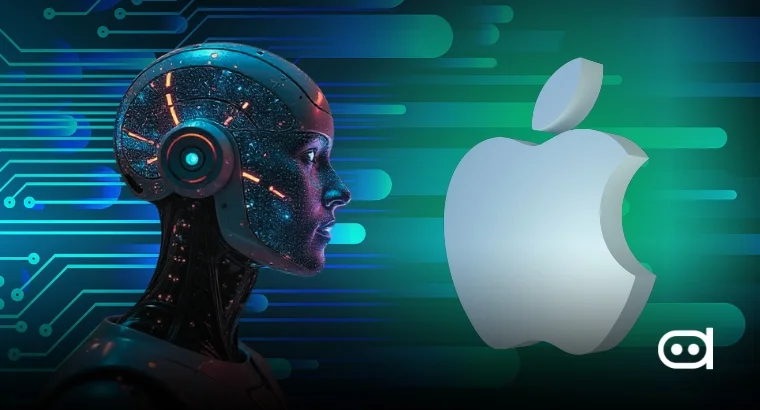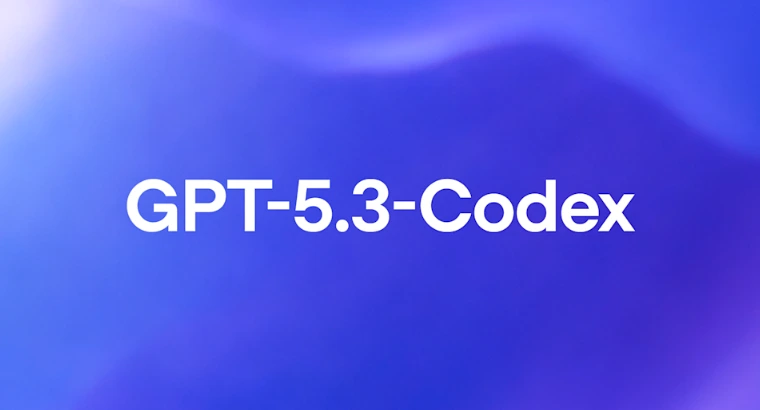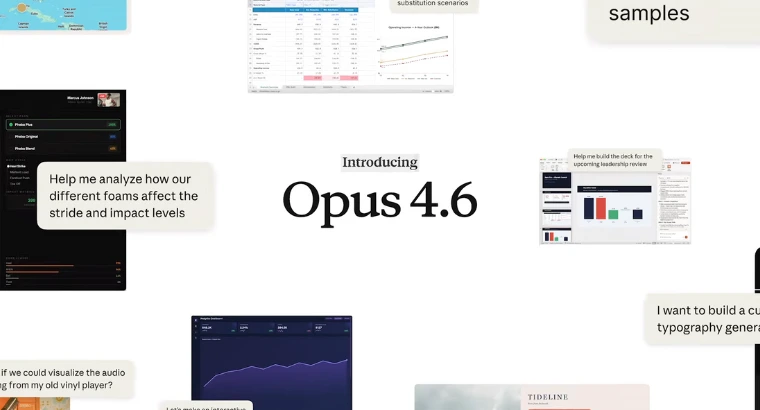
- OpenAI explores secondary stock sale at $500B valuation for employee liquidity
- New valuation would mark 67% increase from previous $300B financing round
- Thrive Capital and existing investors approach company about purchasing shares
According to Bloomberg sources, OpenAI is in preliminary talks about selling its secondary stock, which would value the artificial intelligence company at around $500 billion.
The proposed transaction would allow current and former employees to sell their shares while providing liquidity that reflects the company’s rapid growth.
The secondary sale would target billions of dollars in stock transactions, with existing investors including Thrive Capital expressing interest in purchasing employee shares.
This approach enables major startups to reward staff members and retain talent while accommodating external investor demand for equity exposure.
OpenAI Employee Retention Strategy Addresses Competitive Pressures
The stock sale proposal comes as OpenAI faces talent retention challenges from aggressive recruiting by competitors including Meta Platforms.
Meta has attracted several OpenAI research staff members by offering nine-figure compensation packages for its superintelligence AI development team.
OpenAI’s employee liquidity program could serve as a retention tool for staff receiving lucrative offers from rival technology companies.
The secondary market transaction would provide immediate financial benefits without requiring employees to leave the company or wait for a traditional exit event.
The company recently secured $8.3 billion in a second tranche of its $40 billion financing round, which was oversubscribed by approximately five times according to investment sources.
This funding was completed ahead of schedule, indicating strong investor appetite for OpenAI equity.
Sudden User Growth Supports Premium Valuation
ChatGPT’s user base continues expanding at an accelerated pace, with OpenAI announcing expectations to reach 700 million weekly active users this week.
The application processed over 500 million weekly users at the end of March, indicating consistent growth momentum.
Daily message volume has crossed 3 billion interactions, demonstrating sustained engagement across OpenAI’s user community.
These metrics provide fundamental support for the company’s premium valuation compared to traditional technology companies.
The company has announced plans to acquire an AI device startup co-founded by former Apple design chief Jony Ive in a nearly $6.5 billion all-stock transaction.
This hardware expansion strategy positions OpenAI beyond software applications into physical product development.
Corporate Structure Negotiations Create Complexity
OpenAI simultaneously handles separate discussions about transitioning to a for-profit corporate structure, negotiations that have extended over several months.
These talks involve reconfiguring stakeholder relationships and determining appropriate equity distributions among investors and employees.
Microsoft Corporation, which has invested $13.75 billion in OpenAI and holds intellectual property rights, serves as the primary holdout in restructuring negotiations.
The software giant seeks to protect its technology access before the current partnership agreement expires in 2030.
The relationship renegotiation has expanded beyond corporate structure to include broader partnership terms between Microsoft and OpenAI.
Microsoft aims to avoid sudden technology access disruptions while maintaining its strategic position in AI development.
Technology Leadership Drives Investment Interest
OpenAI’s recent product launches include open-weight AI models that can replicate human reasoning processes, released following China’s DeepSeek gaining global attention with similar capabilities.
The company is preparing its GPT-5 model release to maintain competitive advantages in the AI sector.
ChatGPT’s introduction initiated widespread AI adoption across consumer and enterprise markets, establishing OpenAI’s position as an industry leader.
Subsequent technology releases have maintained the company’s innovation pace despite increasing competition.
The $500 billion valuation would represent a 67% increase from OpenAI’s previous $300 billion assessment during the SoftBank-led financing round.











